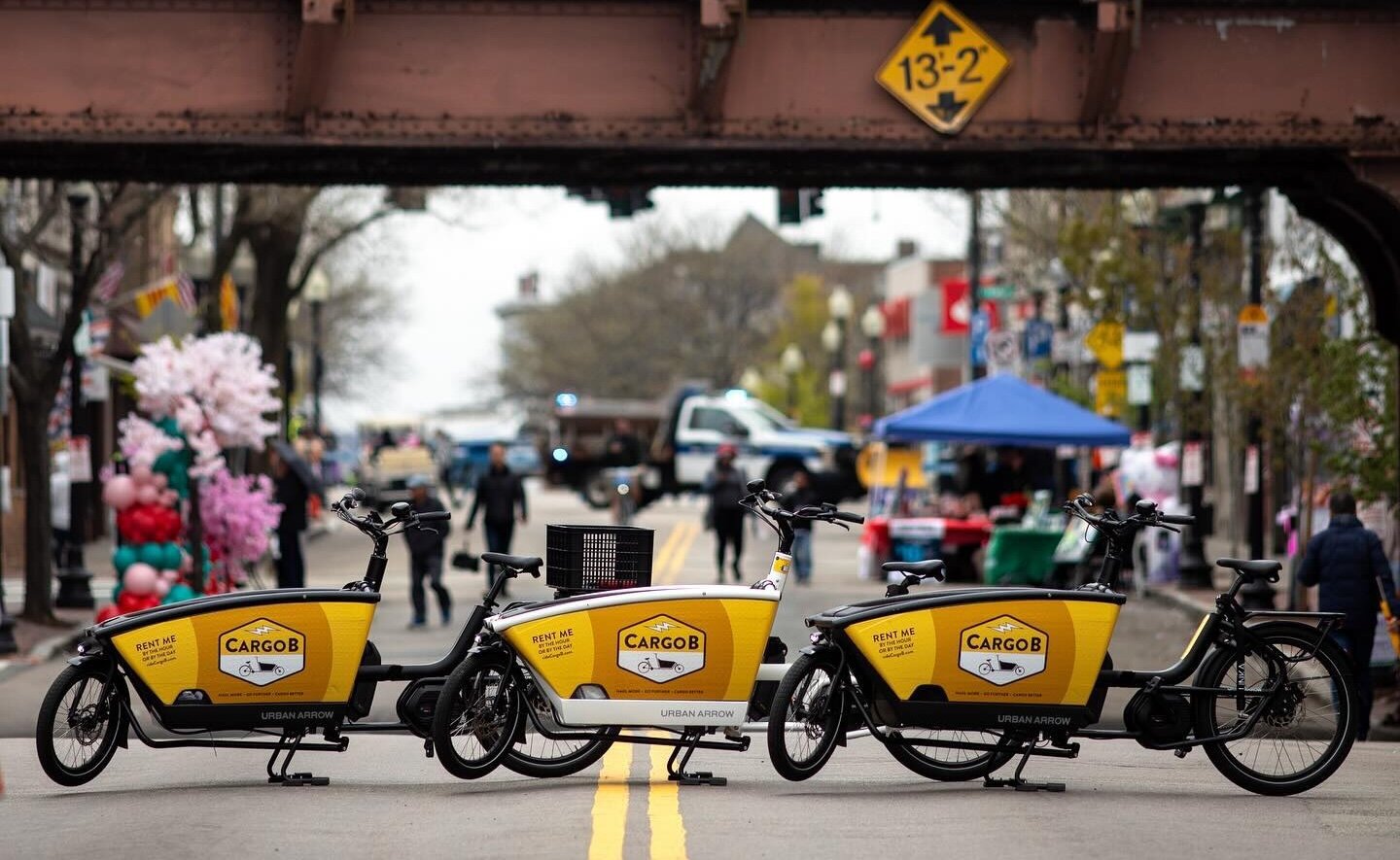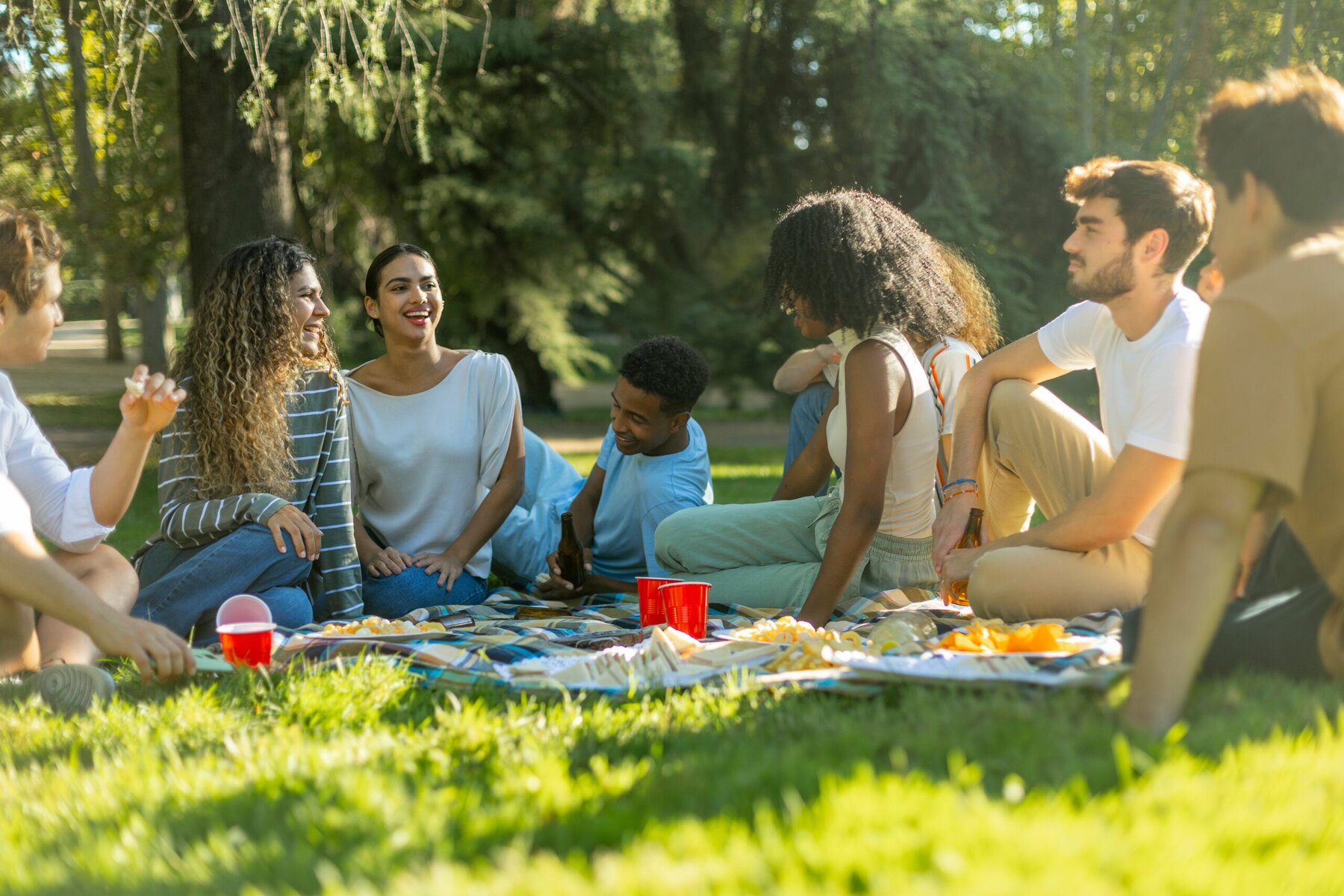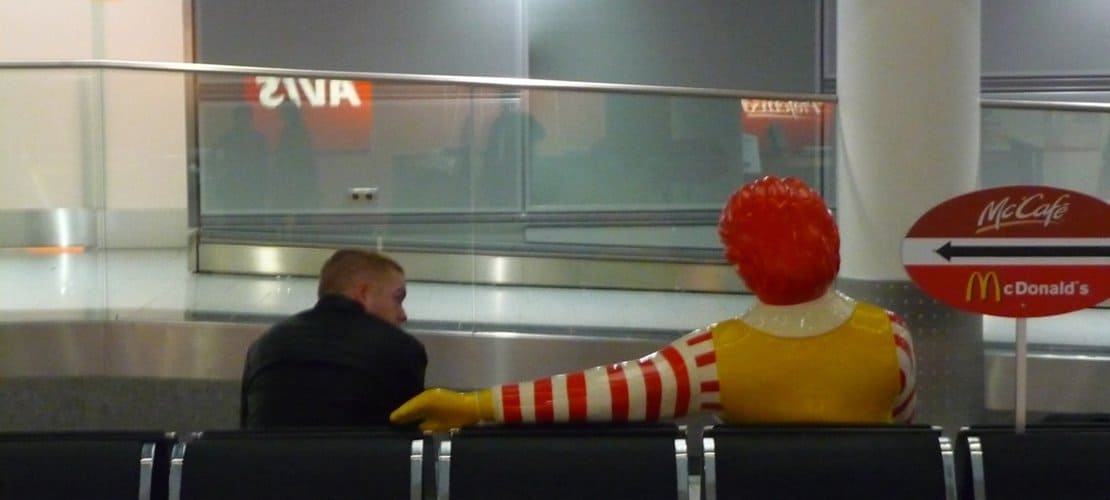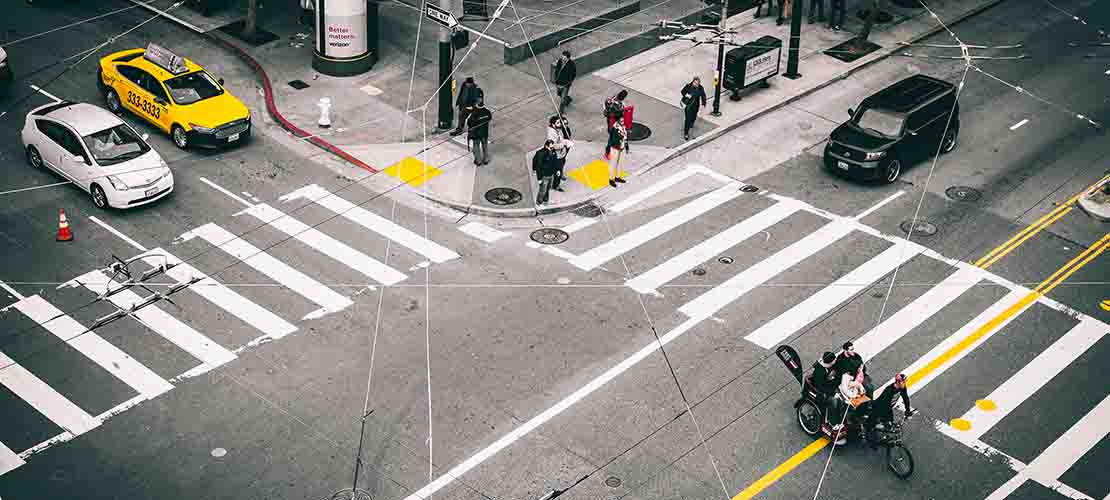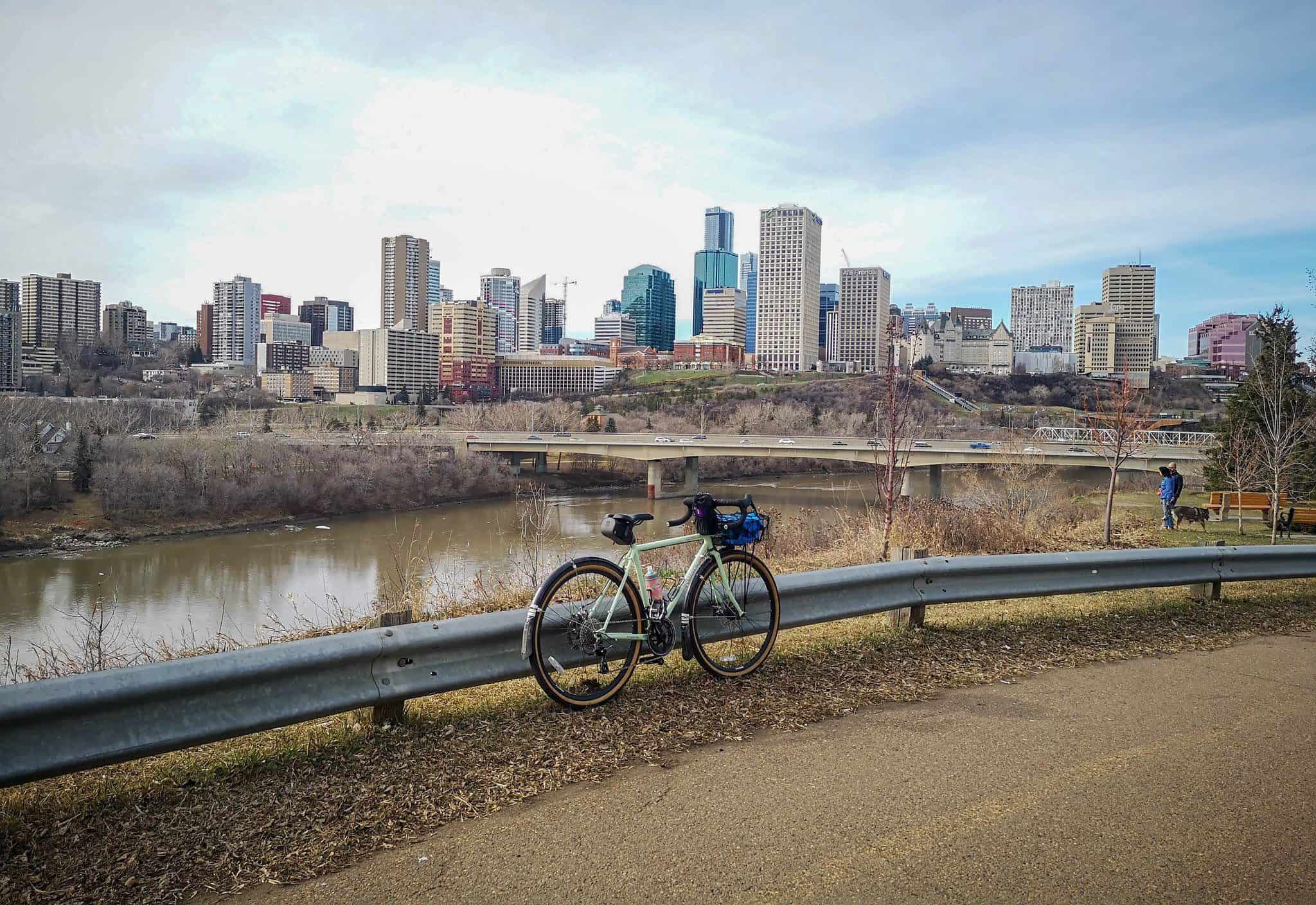Saved by a song
Suicides can be “contagious,” especially when amplified in the press. When a celebrity takes their own life, for instance, suicides rise by an average of 13 percent. But a recent study of a song by the rapper Logic shows that mass media and pop culture can help spread suicide prevention, as well.
Logic wrote his song “1-800-273-8255” after fans told him his music had saved their lives. The song title is the phone number for the National Suicide Prevention Hotline, and the lyrics describe a high school student contemplating suicide while struggling with his sexuality. Ultimately, the student calls the hotline and decides not to end his life.
Weighed down by negative news?
Our smart, bright, weekly newsletter is the uplift you’ve been looking for.The song peaked at No. 3 on the Billboard Hot 100 in September 2017. Now, a study of suicide rates from around that time shows it made a major impact: the number of calls to the hotline increased during the height of the song’s popularity, and the average number of suicides nationally fell by 245.
“To know that my music was actually affecting people’s lives, truly, that’s what inspired me to make the song,” said Logic. “And the fact that it actually did, that blows my mind.”
Read more at the Washington Post
Farm the gaps
The city of Rosario, the third largest in Argentina, has created one of the world’s most integrated, comprehensive systems of urban agriculture.
It sprouted from the country’s financial crisis in the early 2000s, which left Rosario with a lot of unemployed agricultural workers, hungry people and abandoned real estate. The city decided to remedy all three problems in one fell swoop. It created the Urban Agriculture Program, which gave unemployed and low-income residents access to unused land. The city provided these residents tools, seeds and training to convert these plots into small urban farms. Soon, the farms were generating an array of high-quality food for the city’s hungry residents. Small markets popped up on the sites, meaning that crops barely had to travel any distance at all from the field to their point of sale — a true farm-to-table system.
In the two decades since, political leaders have come and gone, but the program has maintained strong support, and become a model for other cities looking to get serious about urban agriculture. “The many benefits to the people, land and wildlife have firmly embedded the program into the long-term urban planning process, policies, budgeting and environmental plans,” said one observer, calling it “a win-win for everyone.”
Check this out
When the Indianapolis Public Library noticed that many of its visitors needed a hand sorting out complex life issues, it hired Yanna McGraw to help. A full-time social worker, McGraw now helps the library’s patrons with all manner of needs, from finding them a bed at a homeless shelter to connecting them with HIV/AIDS services. She recently helped one library visitor get a prescription filled, and another access federal stimulus money. “I’m able to spend that time, pick up the phone, ask the question, send an email to a community partner,” she says.
According to NPR, the number of library systems offering such services is growing. In many ways, social work and libraries make for a natural pair. As safe, protected indoor spaces any member of the public can use, many libraries find that a portion of their patrons are looking for something more than just a good read. One recent study of 5,000 patrons of Midwestern libraries concluded that ten percent needed help finding employment, six percent needed mental health services and four percent needed housing assistance.
“Some people wonder if this is outside of scope for us,” said the CEO of the Indianapolis library system. “But I like to think that no, it’s absolutely not.”




